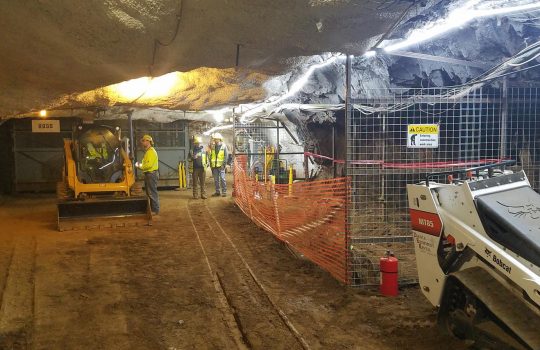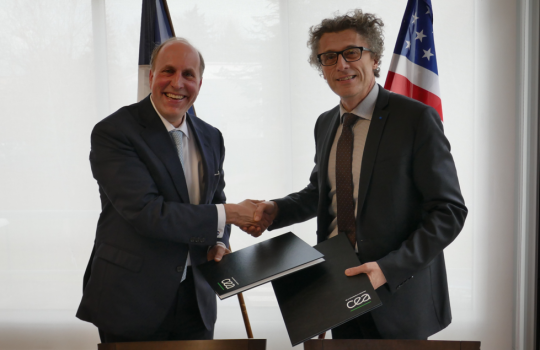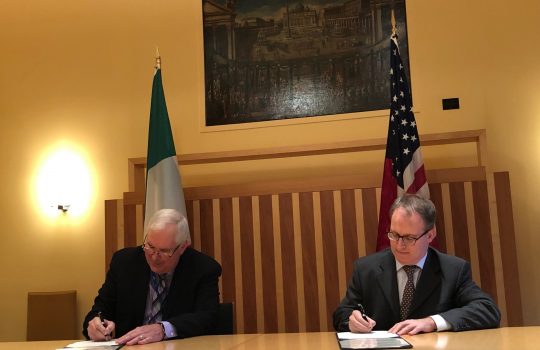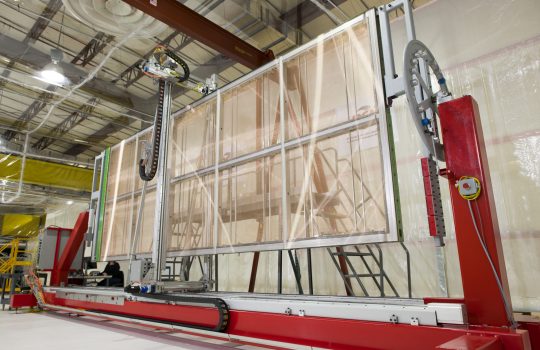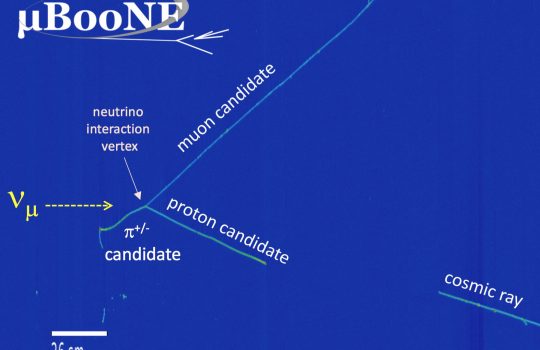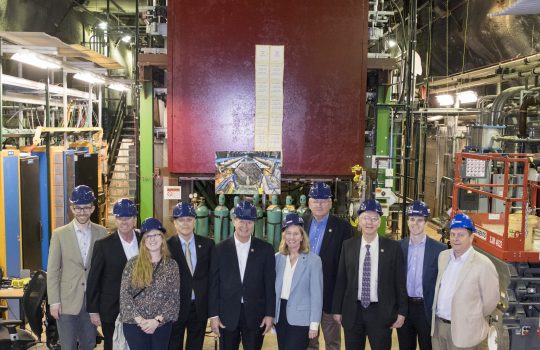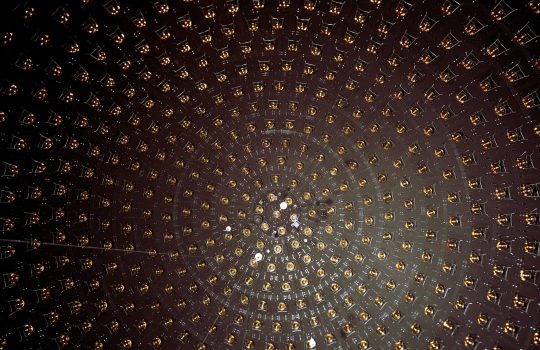Long-Baseline Neutrino Facility pre-excavation work is in full swing
- Deep Underground Neutrino Experiment
- DUNE
- LBNF
- Long-Baseline Neutrino Facility
- Sanford Lab
- Sanford Underground Research Facility
- South Dakota
Excavating about 800,000 tons of rock a mile underground, bringing it to the surface, and then transporting it to its final resting place is a huge job and part of the LBNF/DUNE project. Creating the infrastructure for that job is a huge amount of work by itself and is going on right now.

